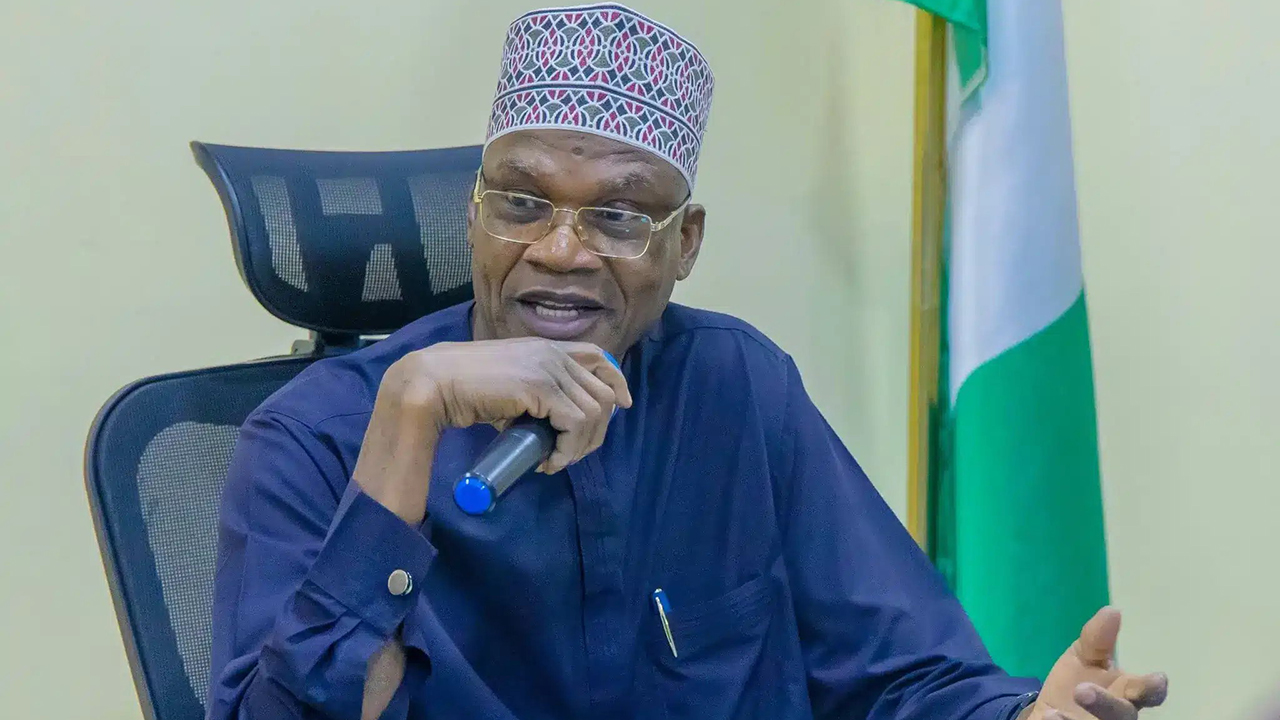As Nigeria strides into 2025, its educational landscape is undergoing significant transformations aimed at equipping learners with the skills and knowledge necessary for the modern world. From curriculum overhauls to technological integrations, the nation's education system is aligning itself with global standards while addressing local challenges.(The Guardian Nigeria)

1. Curriculum Overhaul: Bridging the Skills Gap
In a bid to enhance student employability and practical skills, the Nigerian government has introduced 15 new trade subjects into the basic education curriculum. Effective from January 2025, this initiative targets primary and junior secondary students, aiming to provide hands-on skills that align with industry needs. (The Guardian Nigeria, Nairametrics)
The newly introduced trades encompass sectors such as construction, technology, agriculture, and services. Notable additions include:(Nairametrics)
-
Technical Skills: Plumbing, tiling, POP installation, GSM repairs, satellite/TV antenna installation, CCTV and intercom installation.(Nairametrics)
-
Service-Oriented Skills: Event decoration and management, bakery and confectioneries, hairstyling, makeup, interior design.(Reddit)
-
Agricultural Skills: Crop production, beekeeping, horticulture, livestock farming (including poultry and rabbit rearing).(Nairametrics)
This curriculum update aims to reduce youth unemployment by providing students with practical skills applicable in various industries, fostering both employment and entrepreneurial opportunities.(Nairametrics)
2. Embracing Technological Advancements in Education
The integration of technology into Nigerian education is revolutionizing teaching and learning methodologies:(Disciplines In Nigeria)
-
Artificial Intelligence (AI): AI-powered platforms are being utilized to personalize learning experiences, analyze student performance, and provide individualized feedback, ensuring students learn at their own pace. (Nairaland)
-
Virtual and Augmented Reality (VR/AR): These technologies offer immersive learning experiences, allowing students to engage in virtual lab experiments, historical reconstructions, and interactive simulations, enhancing understanding and retention. (Nairaland)
-
Digital Resources: The adoption of digital textbooks and educational apps provides interactive content, quizzes, and multimedia resources, making learning more engaging and accessible.
3. Hybrid and Flexible Learning Models
The traditional classroom setup is evolving to accommodate diverse learning needs:(TechBullion)
-
Hybrid Learning: Combining in-person and online instruction, hybrid models offer flexibility, allowing students to access lectures remotely while participating in hands-on activities physically.
-
Microlearning and Stackable Credentials: Short, skill-specific courses enable learners to acquire competencies in areas like communication, design thinking, and leadership, which can be accumulated over time to build comprehensive qualifications. (Mancosa)
4. Focus on Mental Health and Social-Emotional Learning (SEL)
Recognizing the importance of mental well-being in academic success, educational institutions are integrating SEL into their curricula:(schoolscompass.com.ng)
-
Wellness Programs: Schools are investing in counselors, peer support groups, and wellness apps to support students' mental health.(Mancosa)
-
SEL Curriculum: Teaching skills like empathy, self-awareness, and resilience helps students navigate challenges and build healthy relationships. (schoolscompass.com.ng)
5. Lifelong Learning and Continuous Skill Development
In response to the rapidly changing job market, there's a growing emphasis on lifelong learning:(Reddit)
-
Continuous Education: Professionals are encouraged to engage in ongoing education to stay competitive, with institutions offering flexible programs to facilitate this. (Mancosa)
-
Industry Collaboration: Curricula are being designed in collaboration with industries to ensure relevance and applicability in real-world scenarios. (Edu Step Up)
6. Government Initiatives and Investments
The Nigerian government is actively investing in education to foster development:
-
World Bank Loan: A $1.08 billion loan has been approved to enhance education quality, build community resilience, and improve nutrition for underserved groups. (Reuters)
-
Curriculum Review: Plans are underway to review the secondary education curriculum to align with contemporary educational standards and technological advancements. (The Guardian Nigeria)
Conclusion
The educational reforms and innovations in Nigeria for 2025 signify a commitment to preparing students for the challenges and opportunities of the modern world. By integrating practical skills, embracing technology, and focusing on holistic development, Nigeria is laying the foundation for a more robust and inclusive education system.
For more insightful articles on education and other trending topics, visit uknia.com.

You must be logged in to post a comment.